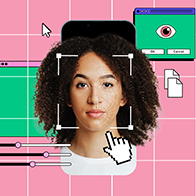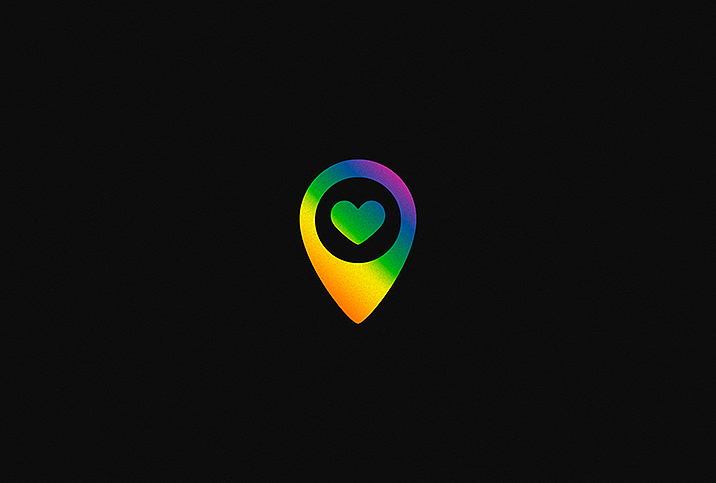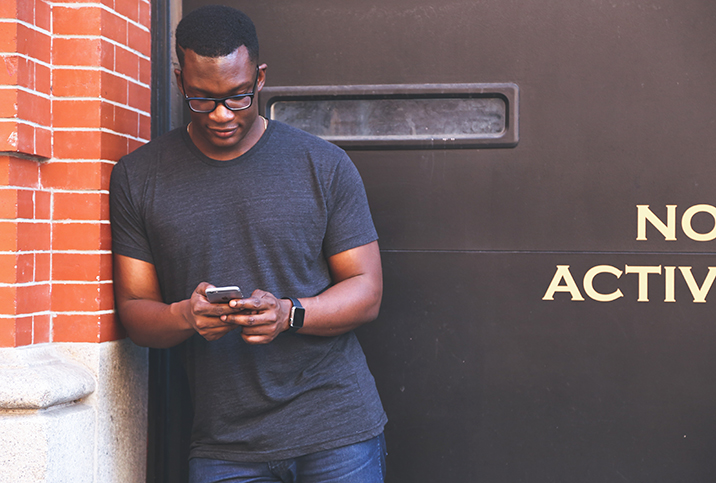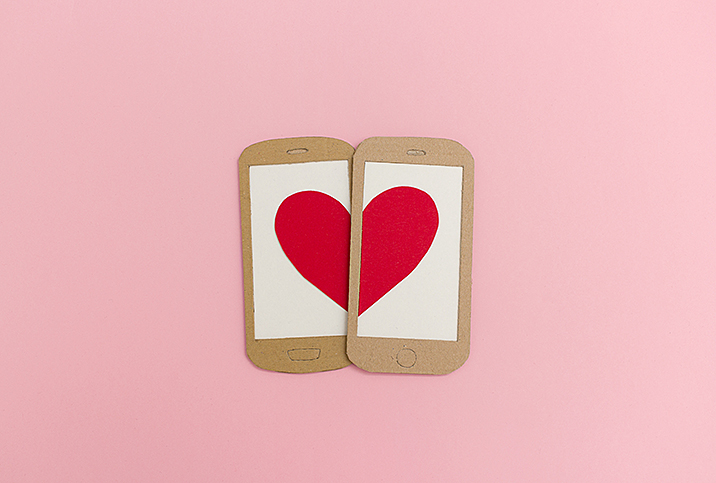Should Dating Apps Offer Mental Health Support?
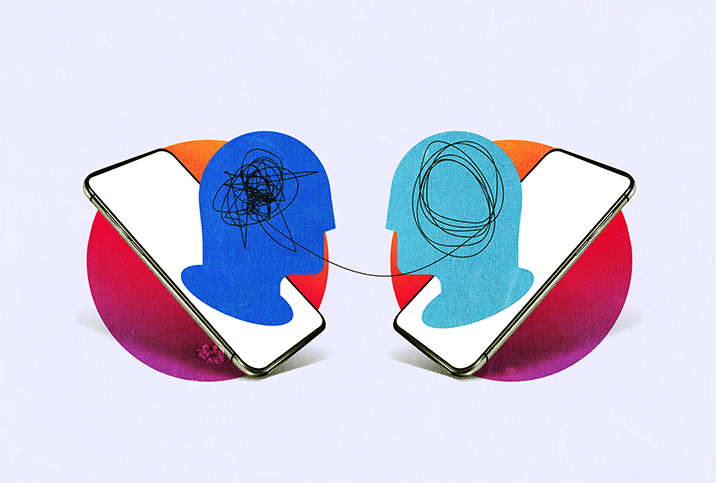
In the past couple of decades, dating apps have become one of the main ways singles meet each other. In fact, it's become almost impossible to operate in the dating world without doing at least a few swipes.
However, alongside the rise of dating apps, there has also been a rise in mental health problems. As research is beginning to show, the two are potentially related. It has been shown that spending time on dating apps can result in heightened anxiety, low self-esteem and depression. For some people, it can even result in harmful addictive behaviors.
"I have been an avid user of dating apps since I was 18 years old," said Maria Allgaier, CEO and founder of the dating website Freyja in Finland. "I used to find swiping so addictive to the point it was almost like an obsession. I also ended up in one relationship from an app, but one turned out to have a record and I found revenge porn on his phone, so not exactly a love story."
As more and more people begin to understand the harmful side effects of dating apps, some are calling for additional support from the apps themselves.
"Education for users is crucial. This should come from the dating platforms themselves," wrote relationship coach Stefanos Sifandos in the Toronto Star in 2022. "However, while this continues to be overlooked in favor of new growth strategies and higher profit margins, we must take steps ourselves to become more self-aware."
Is Sifandos right? Is it time we put pressure on dating apps to provide mental health support?
The real impact of dating apps on mental health
The world of dating apps is a minefield. It can be a harsh and brutal world of rejection, ghosting and disappointment. Plus, studies have shown that spending too much time on social media apps can have a negative impact on mental health. As a result, dating apps can sometimes do more harm than good.
One 2016 study, for instance, found dating apps can lower self-esteem.
"Both male and female users reported less satisfaction with their bodies and looks, compared to non-users, but only male Tinder users reported lower levels of self-esteem," a press release about the study stated.
A 2020 study concluded that users of swipe-based dating apps report higher levels of depression, anxiety and distress.
A 2022 study published in Sexes journal found dating app users are more likely to experience depression and sex addiction.
Charlotte Johnson, a relationship expert from Mega Pleasure, a sex toy outlet in the United Kingdom, agreed with these findings.
"At a surface level, dating apps can be superficial and centered around 'vanity' metrics, as the immediate way to interact with someone new is judging their photos and description," she explained. "This can result in low self-esteem and can hurt people's feelings without intending to. It can be a vulnerable place for those with little confidence, as it takes a lot of courage to put yourself out there. For some, the feeling of rejection can pose multiple issues, placing a strain on our mental health which can be hard to fix."
According to Johnson, dating apps in their current form, offering little mental health support, can even lead to unhealthy patterns of behavior.
"A negative side effect of using dating apps is the addiction from checking the app and seeing who you may or may not have matched with," she said. "The thought of not being matched regularly on these apps can cause disappointment and lack of self-esteem, worth, value and a desire to be wanted."
How can dating apps take a more hands-on approach?
Considering the ample evidence of the potentially harmful effects of dating apps on mental health, it is time for the apps to take a more active role.
"If I look back at my experience using apps, I can't help but feel disgusted and regretful," Allgaier said. "And, most importantly, I feel as though most of the dangerous situations could have been avoided if dating apps took their users' safety and mental health into more consideration than their retention rates."
ID verification
Without ID verification, you can't always be sure the person you're chatting with online is who they say they are, which can increase paranoia, anxiety and fear. It can also lead to underage people joining dating apps before they have the emotional intelligence needed to navigate these apps safely.
"They need ID verification," Allgaier said. "It is crazy to think that there is no proper age verification on dating apps. This puts potential underage and aged users at risk."
Nudity detection artificial intelligence
"I was shocked to see on some dating apps you can send photos," Allgaier noted. "You then combine this with the lack of age verification and you have an extra-large problem."
Not only is this situation dangerous for users' mental health, it also poses a safety risk.
Mental health resources
In terms of protecting users' mental health, Allgaier suggested that dating apps should be required to include mental health resources on their apps.
"They need mental health resources and partnerships for users who have been negatively affected by their experiences on the app," she said.
These resources might include a registered therapist who is available to chat or a database with information about the mental health risks that can come with dating apps.
Banned words list
Finally, Allgaier suggested that dating apps need a personalized list of banned words that other users can't type to you. This way, you can protect yourself while swiping.
"Dating apps may say that some of this is not possible, but then why are emerging platforms, like Freyja, able to raise the bar and not the companies with billions of dollars?" Allgaier said.
We have to admit, she has an excellent point.







